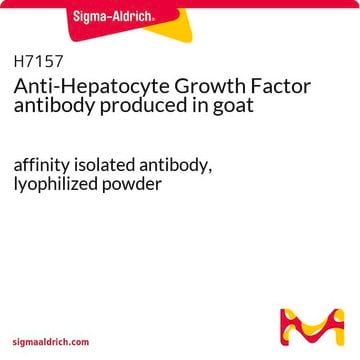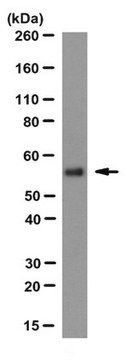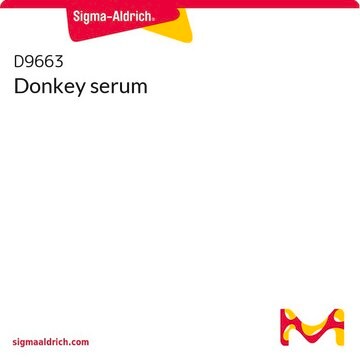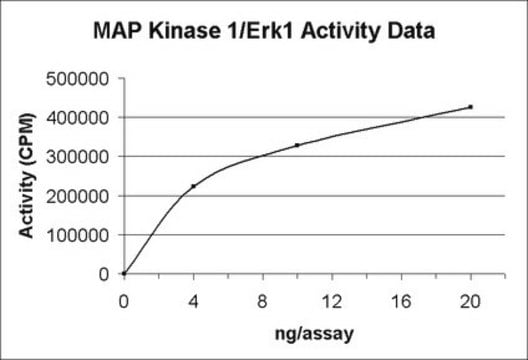H0652
Anti-Hepatocyte Growth Factor antibody produced in goat
IgG fraction of antiserum, lyophilized powder
Sinónimos:
Anti-HGF
About This Item
Productos recomendados
biological source
goat
Quality Level
conjugate
unconjugated
antibody form
IgG fraction of antiserum
antibody product type
primary antibodies
clone
polyclonal
form
lyophilized powder
species reactivity
human
technique(s)
neutralization: suitable
western blot: suitable
UniProt accession no.
storage temp.
−20°C
target post-translational modification
unmodified
Gene Information
human ... HGF(3082)
¿Está buscando productos similares? Visita Guía de comparación de productos
General description
Monoclonal Anti-Hepatocyte Growth Factor recognizes human HGF.
Immunogen
Application
Physical form
Preparation Note
Disclaimer
¿No encuentra el producto adecuado?
Pruebe nuestro Herramienta de selección de productos.
Related product
Storage Class
11 - Combustible Solids
wgk_germany
WGK 2
flash_point_f
Not applicable
flash_point_c
Not applicable
ppe
Eyeshields, Gloves, type N95 (US)
Certificados de análisis (COA)
Busque Certificados de análisis (COA) introduciendo el número de lote del producto. Los números de lote se encuentran en la etiqueta del producto después de las palabras «Lot» o «Batch»
¿Ya tiene este producto?
Encuentre la documentación para los productos que ha comprado recientemente en la Biblioteca de documentos.
Nuestro equipo de científicos tiene experiencia en todas las áreas de investigación: Ciencias de la vida, Ciencia de los materiales, Síntesis química, Cromatografía, Analítica y muchas otras.
Póngase en contacto con el Servicio técnico







